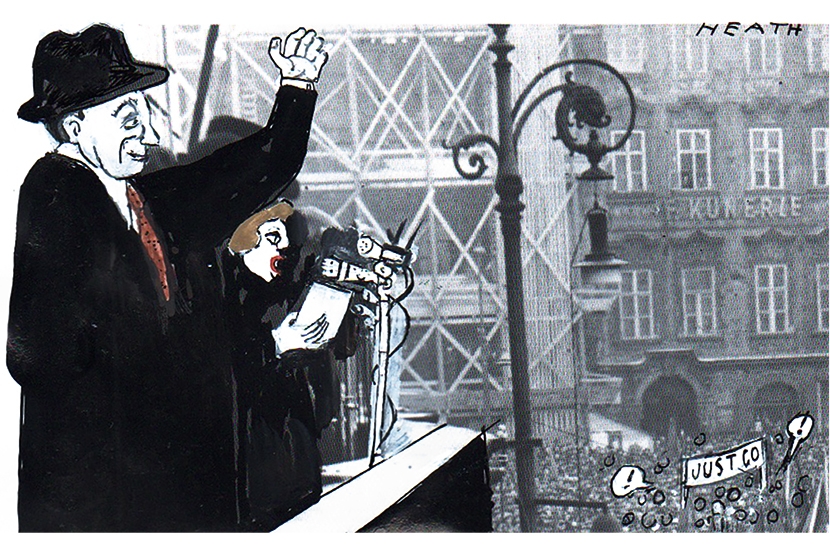Emily Maitlis
Six years ago I took my son, Milo, to Bucharest for his birthday. In the baking July sun, seeking shade, we crouched on the kerb in front of the presidential palace. And I played him the footage of the crowds on that bitter December morning of 1989 as Nicolae Ceausescu and his wife Elena emerged on to the balcony.

Disagree with half of it, enjoy reading all of it
TRY A MONTH FREE
Our magazine articles are for subscribers only. Try a month of Britain’s best writing, absolutely free.
Already a subscriber? Log in






Comments
Join the debate, free for a month
Be part of the conversation with other Spectator readers by getting your first month free.
UNLOCK ACCESS Try a month freeAlready a subscriber? Log in